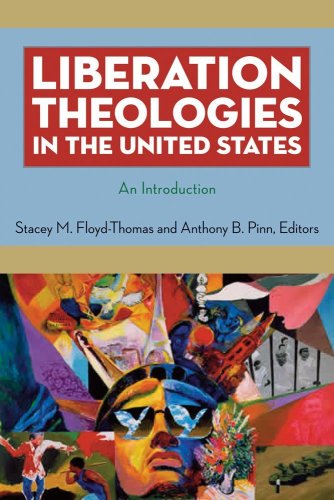

Most ebook files are in PDF format, so you can easily read them using various software such as Foxit Reader or directly on the Google Chrome browser.
Some ebook files are released by publishers in other formats such as .awz, .mobi, .epub, .fb2, etc. You may need to install specific software to read these formats on mobile/PC, such as Calibre.
Please read the tutorial at this link: https://ebookbell.com/faq
We offer FREE conversion to the popular formats you request; however, this may take some time. Therefore, right after payment, please email us, and we will try to provide the service as quickly as possible.
For some exceptional file formats or broken links (if any), please refrain from opening any disputes. Instead, email us first, and we will try to assist within a maximum of 6 hours.
EbookBell Team

4.8
104 reviewsIn the nascent United States, religion often functioned as a justifier of oppression. Yet while religious discourse buttressed such oppressive activities as slavery and the destruction of native populations, oppressed communities have also made use of religion to critique and challenge this abuse. As Liberation Theologies in the United States demonstrates, this critical use of religion has often taken the form of liberation theologies, which use primarily Christian principles to address questions of social justice, including racism, poverty, and other types of oppression.
Stacey M. Floyd-Thomas and Anthony B. Pinn have brought together a stellar group of liberation theology scholars to provide a synthetic introduction to the historical development, context, theory, and goals of a range of U.S.-born liberation theologies. Chapters cover Black Theology, Womanist Theology, Latino/Hispanic Theology, Latina Theology, Asian American Theology, Asian American Feminist Theology, Native American Theology, Native Feminist Theology, Gay and Lesbian Theology, and Feminist Theology.
Contributors: Grace Ji-Sun Kim, Mary McClintock Fulkerson, Nancy Pineda-Madrid, Robert Shore-Goss, Andrea Smith, Andrew Sung Park, George (Tink) Tinker, and Benjamin Valentin.